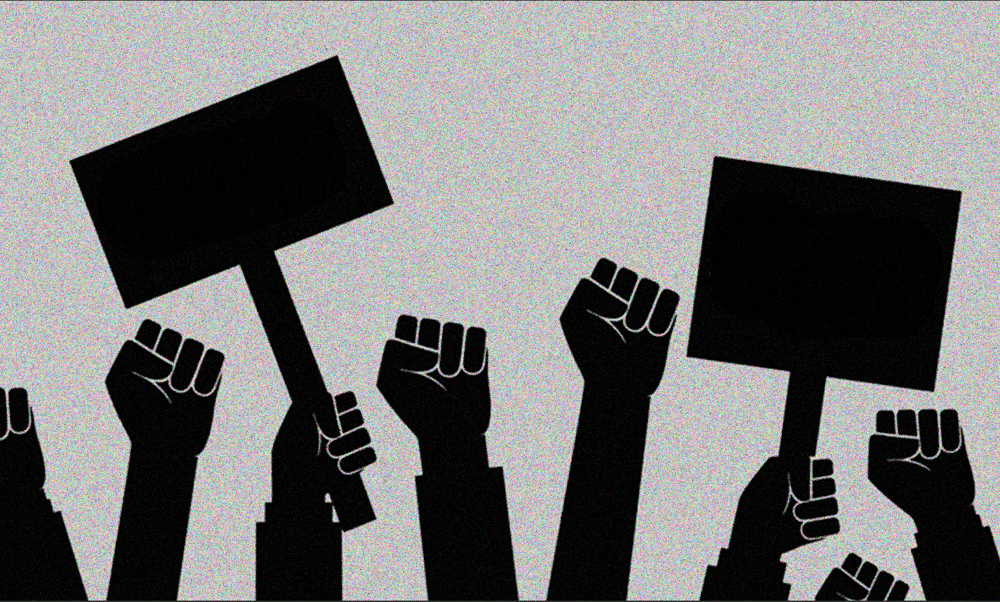September 4, 2024
Background
In April of this year, Khabar Online reported, citing the latest Natural Resources and Watershed Management Organization statistics, that over 21,000 hectares of forests and rangelands in Iran are destroyed by fire annually. A significant portion of these fires occur in the Zagros region.
The history of fires in the Zagros region during the hot season is long, and in recent years, hundreds of hectares of its forests have been ravaged by flames. In spring 2019, 280 hectares of forests and rangelands in Kohgiluyeh and Boyer-Ahmad Province were burned. That same year, 30 hectares of forests in Kermanshah were destroyed in eleven separate fires. In June 2020, according to a report by Tasnim News, over 500 hectares of Zagros forests were “reduced to ashes.” In July 2021, during a large-scale fire in the forests and rangelands of Zagros in Fars Province, local villagers risked their lives, working voluntarily and with bare hands, to prevent the fire from spreading beyond Firouzabad to Tang-e Haiger. Several citizens lost their lives in that incident.
According to KurdPress, six fires in Bozin, Merekhil, Qalajeh, and Bistoon in Kermanshah Province destroyed 956 hectares of forests this summer. In July, Rokna News Agency published a list of 52 fires that occurred this spring and summer, detailing their impact on wildlife and the spread of diseases. In April and May, the Zhivay Paveh Association reported eight fires in the pastures and forests of Paveh in Kermanshah Province. Three members of this association lost their lives in June 2020 while extinguishing a fire in the Merekhil forests. Around the same time, over 100 hectares of forests and rangelands in Kohgiluyeh and Boyer-Ahmad Province were affected by fires.
Security Issues in the Region
The Islamic Republic of Iran’s government continues to face significant shortages in equipment, resources, and personnel needed to swiftly contain the annual fires, which is inexcusable. Additionally, large areas of the Marivan forests are under the complete control of the Islamic Revolutionary Guard Corps (IRGC) and its affiliated forces, who have prohibited civilian access to these areas, making it life-threatening for environmental activists to enter. The IRGC has reportedly destroyed or, according to local testimonies, set fire to sections of these forests for its projects.
The Chia Green Association, an environmental NGO, has collected and published the geographic coordinates of points being destroyed by human activity, compiling a list of 1,300 specific locations. This information was sent in official letters to the Director General of the Judiciary in Kurdistan Province, the Head of the National Crisis Management Organization, the Head of the National Forestry and Watershed Management Organization, the Head of the National Environmental Protection Organization, and several other bodies. However, only a few violators have been held accountable. Instead, security forces have raided the meetings of this association, arresting some of its activists in Marivan.
The Zagros forests, spread across eleven provinces in western Iran, constitute 40% of the country’s total forest area. The fires that have plagued the Zagros forests began in the mid-2000s and have been increasing ever since. There is no serious governmental will to address this crisis; on the contrary, government officials view the voluntary activities of environmental organizations like the Chia Green Association, Zagros, Zhivar, and others as security threats.
Our Demands from the Pezeshkian Cabinet:
-
Immediate and full provision of modern firefighting equipment and resources to effectively combat forest fires in the Zagros region.
-
Removal of military restrictions on forested areas, ensuring safe access for civilian volunteers and environmental activists.
-
Accountability and legal action against those responsible for intentionally setting fires or destroying forested areas, including military personnel.
-
Formal recognition and support for environmental NGOs, allowing them to operate freely without the threat of arrest or harassment.
-
Development and implementation of a comprehensive, government-funded reforestation and conservation program to restore damaged areas and prevent future fires.

حمایت رسمی از سازمانهای غیردولتی محیط زیستی